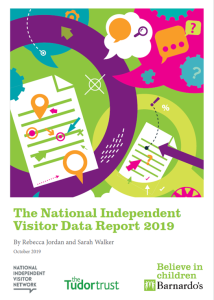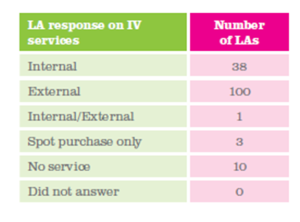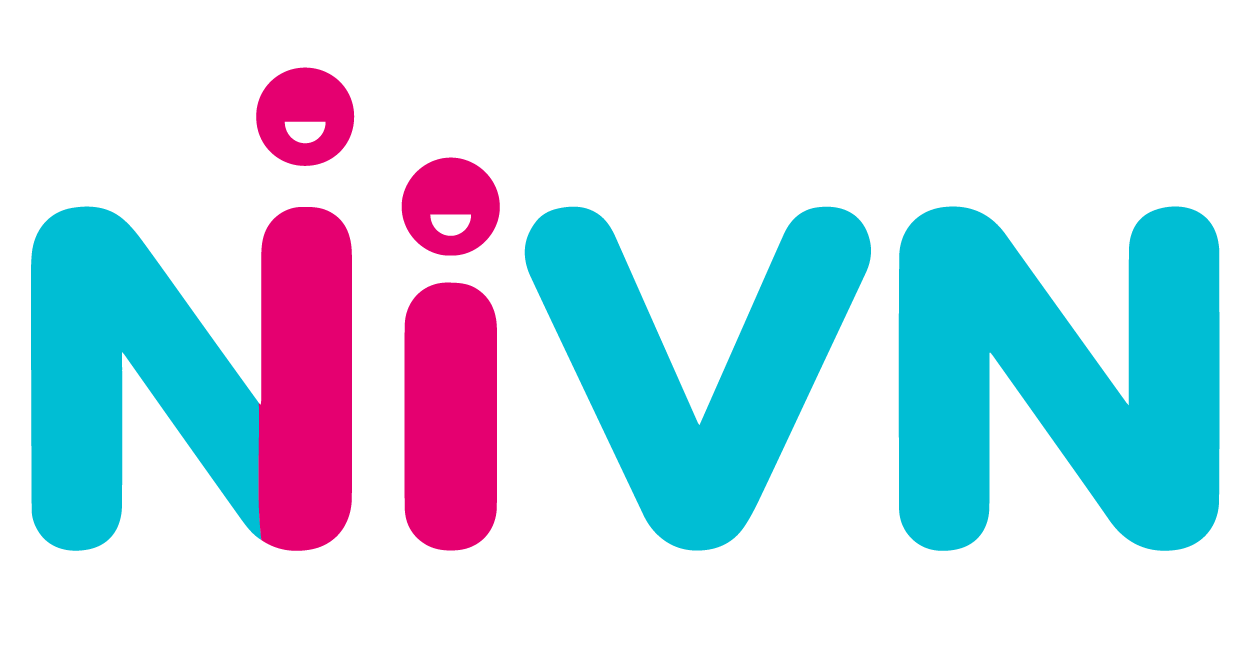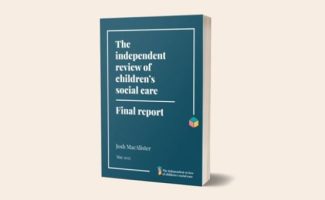
In February 2019 the NIVN Development Project put out a second Freedom of Information (FOI) request to 152 local authorities in England. Responses were received from all local authorities through the FOI process or direct contacts made by the NIVN Project team. Of the 152 local authorities, ten stated they did not have an independent visitor service. Three local authorities said that they work on a ‘spot purchase’ basis only, without an allocated service. The full list of FOI questions is available in the appendix. The following results focus on the 152 local authorities that responded to the FOI questions. There is some data relating to questions 4) a/b and 5) a/b that is not available as some local authorities declined to disclose this information. The Freedom of Information Act Section 40(1) states: “1) Any information to which a request for information relates is exempt information if it constitutes personal data of which the applicant is the data subject.” Appeals were made to 10 local authorities who had chosen not to answer these questions and 3 out of the 10 local authorities accepted the appeal and provided us with the data. The FOI questions were not designed to gather identifiable, personal data relating to volunteers or service users.
Findings from the FOI:
The responses from local authorities are broken down as per table below, 100 local authorities contract out their independent visitor services to external organisation, and 38 local authorities provide their services internally. 1 local authority has both an internal IV service and a contract with an external organisation. Three local authorities responded that they operate on a ‘spot purchase’ basis only. Spot purchase means they do not commission an entire service, but will externally spot purchase matches as needed. There are currently 10 local authorities with no IV service; this has increased by two since the last FOI report in 2015. 10 local authorities currently offer no IV provision however the number with no current matches is 12 indicating that two local authorities who offer a service have no active matches. Interestingly, this includes 2 out of the 3 local authorities who operate on a ‘spot purchase’ only basis. In addition there were a further, 3 local authorities who stated they had very low match numbers and declined to provide match figures due to concerns around GDPR breach although no personal data was being requested.

Recommendations:
The Department for Education
1. Work with the NIVN to raise the profile, reach and quality of independent visitor services and ensure that all children in care who need and want them have access to an IV, as proposed in ‘Care Matters: Transforming the Lives of Children and Young People in Care (2006)’
2. Work with the NIVN to review current legislation and guidance on IV to extend the offer to care leavers, as recommended in the 2015 Data Report and ‘Keep on
Caring: Supporting Young People from Care to Independence. (HM Government, July 2016)
Office of the Children’s Commissioner
1. Work with the NIVN to raise the profile, reach and quality of independent visitor services and ensure local authorities carry out their statutory duties and secure children’s rights to an Independent Visitor.
Ofsted
1. Work with the NIVN to increase
inspectors’ understanding of the statutory entitlement of young people to an IV and the duty of LAs to provide this service
2. Work with the NIVN Development Project to increase inspectors’ understanding of the role and value of the IV service and ensure it is assessed with reference to the National IV standards.
The National IV Network
1. Partner with local authorities without IV services or solely working on a spot purchase arrangement, to open access to IV for looked after children.
2. Foster greater partnership and influencing work to increase the profile, reach and quality of independent visitor services nationally
3. Strengthen the voice of children and young people across network activity to ensure it is responsive, effective and reflects their legal entitlements.
4. Good practice should be developed in partnership with local authorities to: extend provision to care leavers and increase IV access to under-represented groups – disabled children; ethnic minority children; those at risk of child sexual exploitation or serious youth crime; unaccompanied asylum seeking children.
5. Work with local authorities to develop ways to improve matching rates and reduce waiting lists for children placed out of the local authority area.
6. Work with local authorities to create ways to increase recruitment of male volunteers and volunteers from ethnic minority backgrounds.
7. Research ways to capture the impact of the IV relationship on the life opportunities of looked after children.
IV services
1. Work towards the National IV Standards and collaborate with the NIVN
2. Ensure that children in care, local children’s services and corporate parenting panels understand the role of IV and are aware of the statutory entitlements to this service.
Local authorities
1. Local authorities without an IV service (or solely working on a spot purchase arrangement) should contact the National IV Network to request support with setting up their IV service to meet their statutory duty.
2. Allocate a specific and appropriate budget for the independent visitor service, to
include special attention to the additional costs of out-of-area matches
3. When targets for matches have been met, local authorities should have a process for scoping and monitoring additional need and ensuring funding is allocated in order to make further matches when needed.
4. Ensure the IV relationship is considered at each LAC review and that decisions whether or not to appoint an IV are recorded in LAC review notes (as per the
IRO handbook)


